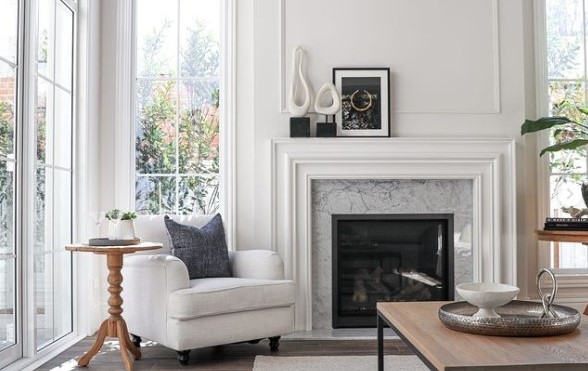Common Threads: Sourcing Sustainable Products, Supporting Traditional Crafts
Posted by Zohi Interiors on 3rd May 2023
How can beautiful furniture or décor items become even more beautiful? The answer’s simple. When they support values we believe in.
At Zohi Interiors, we like to think that when we source our products they are doing good as well as looking good. We are sure you’ll agree.
We like to choose our suppliers on the same basis. Beautiful products. Shared values. Common threads.
It’s also important to put our beliefs into action and make ethical choices.
Here are 7 principles that make all of us feel even better about items we already love:
1.Choose goods made by hand
Rather than mass-produced goods, we select handmade items, crafted by artisans from communities around the world.
Why would you want run-of-the-mill knick-knacks? You can choose from among Zohi Interiors’ tribal homewares and décor items that have been made by craftsmen from around the world: no two pieces are alike. Or browse the Global Look from Bandhini Design House – a range of cushions and artwork with an emphasis on carefully handmade pieces, using natural materials, such as raffia, shells, pods, sticks and stones.
2.Use sustainable resources
We source items that are made from readily available materials – the best use of resources – and are locally produced, often by hand, minimising pollution and waste. The use of sustainable materials – whether natural, repurposed or recycled – is environment-friendly and socially responsible.
A perfect example is the selection of carved windows and doors from India or Marrakech that can have a second life in your home.
3.Keep skills alive
Our approach supports, encourages and helps preserve traditional skills and techniques that have been passed from generation to generation. Rather than risk having them disappear forever, they are used to make quality products and to inspire future generations
How can you fail to be inspired by exquisitely handmade bone inlay furniture, designed and made by Indian craftsmen, who place pieces of sustainably sourced camel bone or mother of pearl shell into quality timbers, for an intricate and stunning effect.
4.Provide meaningful work
In communities where employment is not always easy to find, skilled men and women have work that gives them a fair wage, dignity and independence and reduces the need for the ‘middlemen’ of larger enterprises. This is the basis of ‘fair trade practice’
5.Support communities
Supporting artisans means supporting their families. They benefit from greater employment and income, exposure to new markets and wider distribution of their products. Helping micro businesses means helping whole communities, including suppliers of raw materials. Sustaining livelihoods in this way makes for a happier and more stable political and social environment
6.Enjoy natural beauty that lasts
Traditional artisan-made items are natural and organic. Not only in there increased demand for these products right now, but they will also stand the test of time, in the terms of their beauty and functionality.

7.Preserve heritage
Signature arts and handicrafts, functional items and decorative objects, as well as the skills that go into producing them, help to raise awareness of a region and promote the heritage of its people. Products are often unique to the area and of cultural and historical significance.
‘Kilim’ for example, is a beautiful flat weave fabric, made by embroidering, knotting or weaving. It instantly evokes images of Morocco or Turkey. The beautiful range of kilim print artwork and cushions from Bandhini Design House has beautiful examples. And Zohi Interiors’ Moroccan collection has all the richness and mystery of this exotic and romantic destination.
Beautiful is as beautiful does. We love our furniture and homewares because of what it is, how it was made and how we came by it. We know you will, too.


